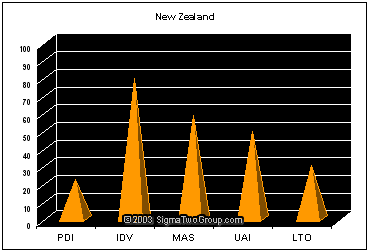I venture to say that only the top 1% of 3% of the United State "live" here. This population is not very well documented or understood. Most of the time, it is ignored or discounted. The community has come to a consensus that our world revolves around an idea that "an education grounded in a broad and deep research base offers a compelling invitation to lifelong learning". In my world, learning is not finite and there is no end to education.
We are for better or worse optimistic about the future. While we recognize that we are the "other'. Ecotopians are concerned about the affect of the lesser environmentally literate population may have on world. The community is concerned that the greater populous does not understand environmental basics which effects their ability to understand the broad scale issues.
The community recognizes and understands complex issues, assesses risks, evaluates environmental plans and understands how individual choices can affect local and global scales. We have a genuine concern for the public at large and the momentum toward a period of uncertainty. Challenges are being mounting at all levels of our society. The Majority is not learning the skills necessary for future survival.
We recognize that practical, pragmatic and workable solutions are necessary for our world to continue. Simple solutions are the answers to the greater problems of the world. Through a coordinated and mobilized effort, networks can be built; sustained education will be the key to our survival. My culture is the Environmentally Literate.
Being Environmentally Literate means:
"understanding of the language of the environment, but also its grammar, literature, and rhetoric." It involves understanding the underlying scientific and technological principles, societal and institutional value systems, and the spiritual, aesthetic, ethical and emotional responses that the environment invokes in all of us. -Stephen Schneider 'Defining Environmental Literacy"
In terms of the Geert-Hofstede Index, we are not presently benchmarked. According to our demographics, we have similarities with several different countries.
 |
| POWER DISTANCE |
 |
| INDIVIDUAL VS. COLLECTIVE |
 |
| UNCERTAINTY AVOIDANCE |
 |
| LONG TERM ORIENTATION |
The Ecotopian community can be identified by a continuing commitment to environmental issues and activities. Actual recognition, by sight alone is not necessarily as easy as one would expect. Contemporary media research is scant. Since the emergence of counter tactics like "green washing" or green marketing, true Ecotopians may not be readily identifiable.
The color "green" holds the most visual diversity in nature. The same hold true in the Ecotopian Community - there is room for more than one shade of green.


Creative and nicely done! CLAM students making their own nations, whuda thunkit? Good use of Hofstede's indices in a fresh way.
ReplyDelete